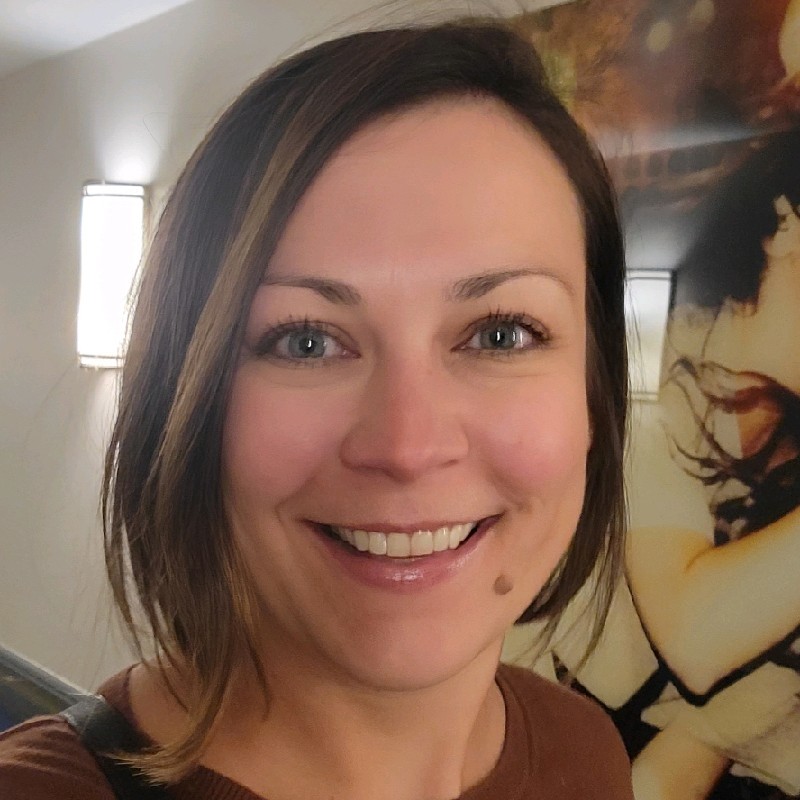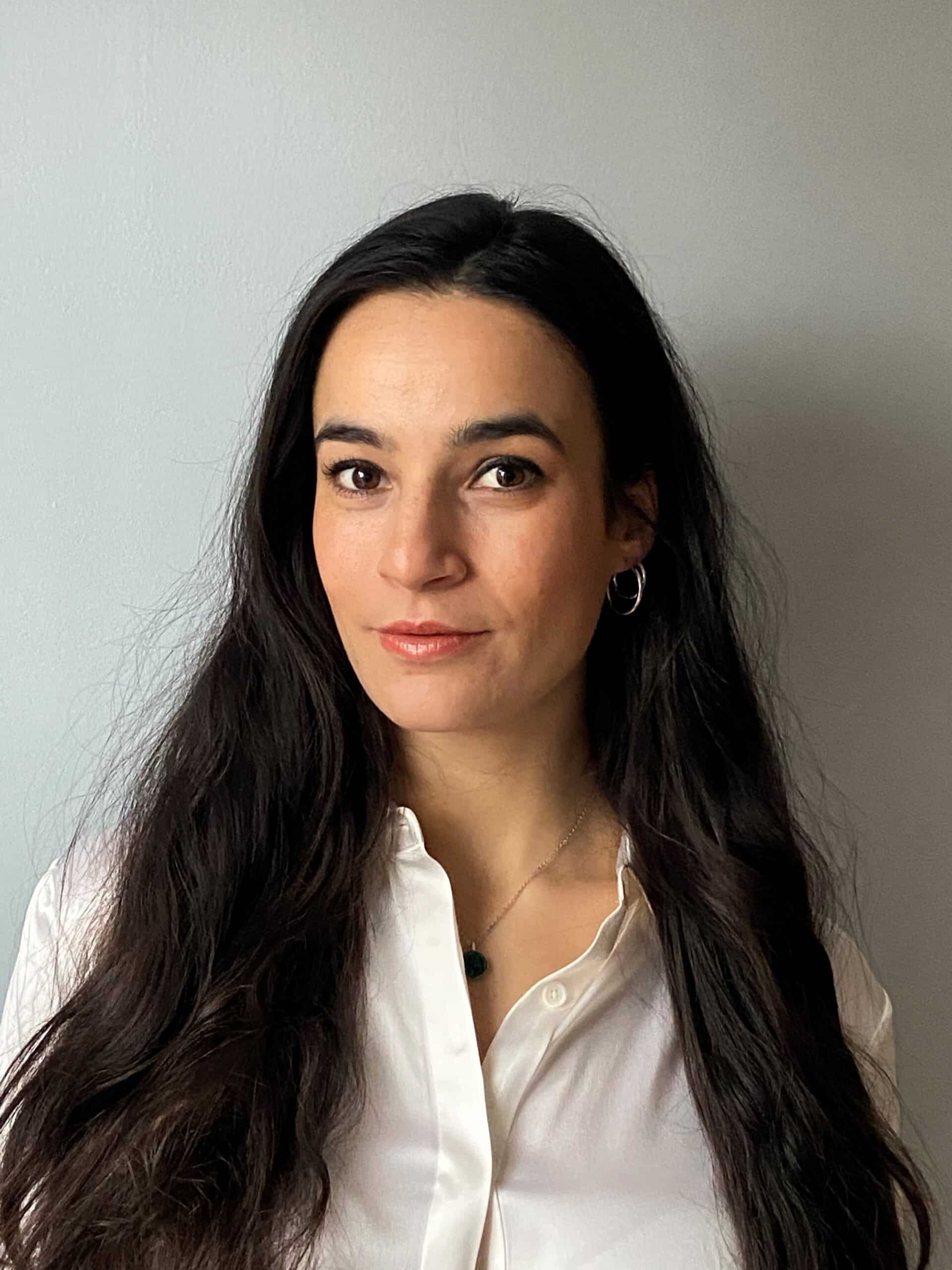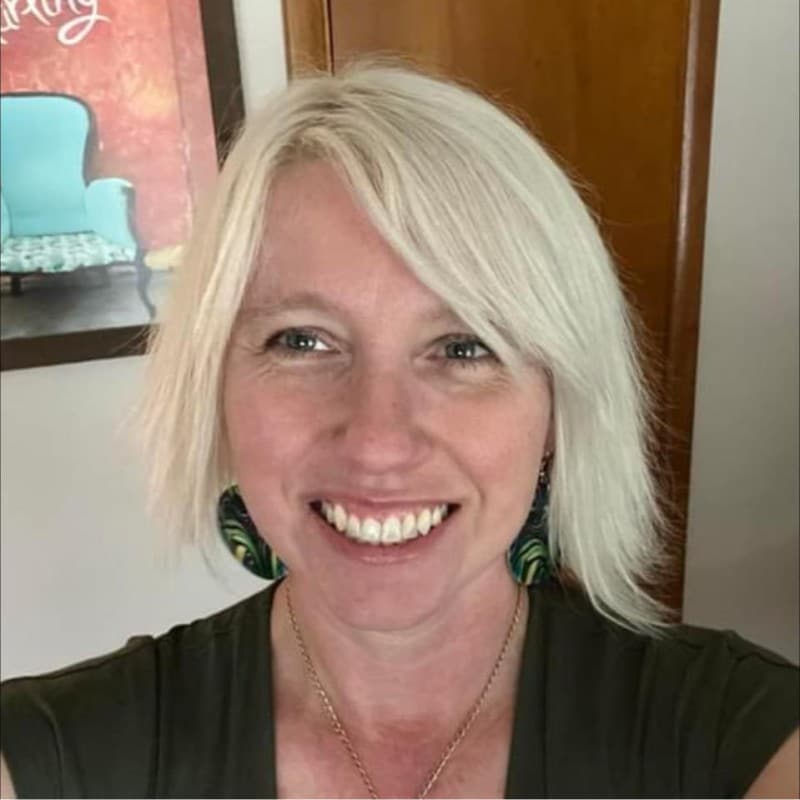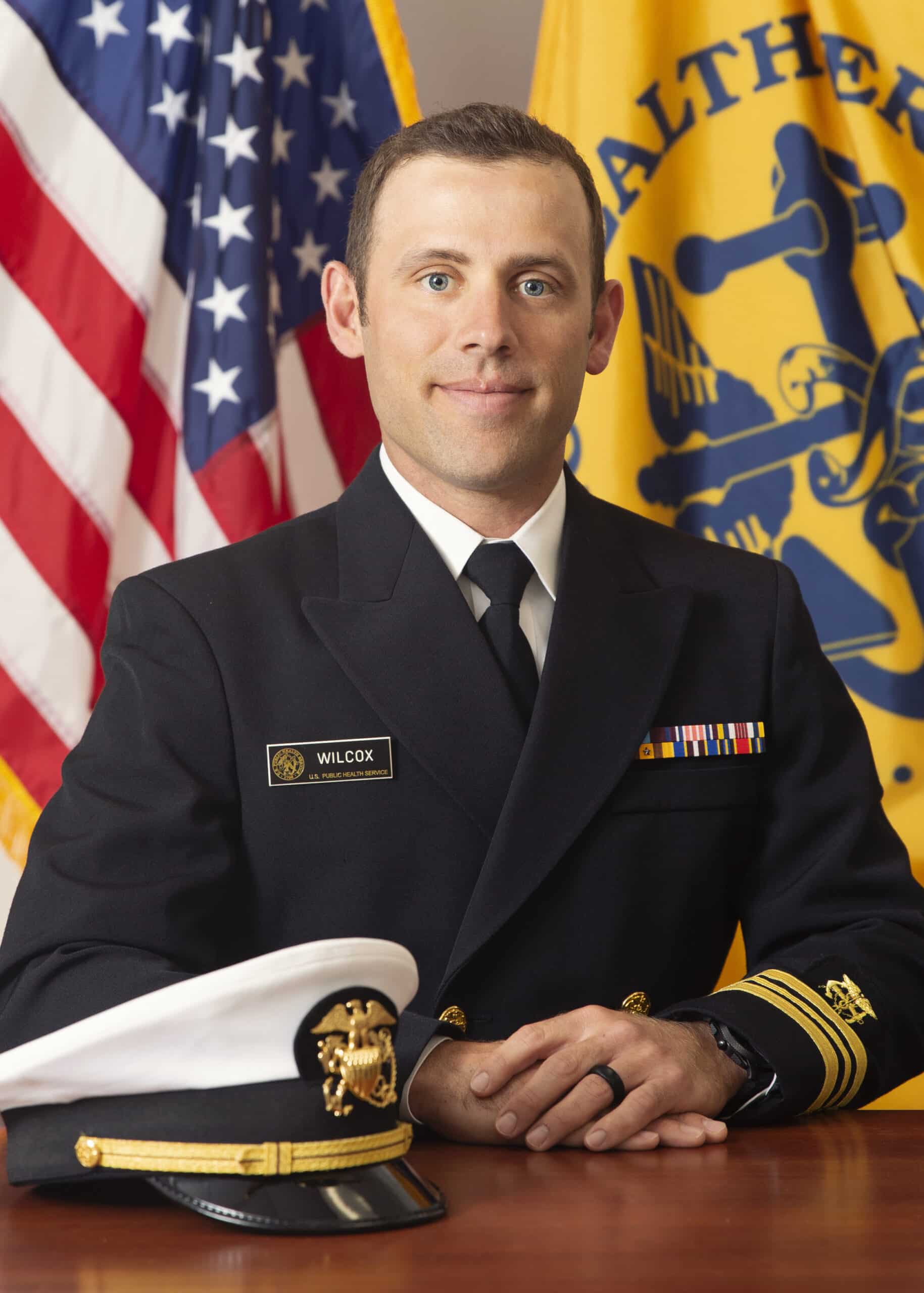Date: June 29
Time: 11:00 – 12:30 EST
Location: Zoom (register below)
According to the EPA, flushed medications can create as much as 2,300 tons of hazardous waste annually, pollute drinking water, and harm aquatic species. Putting meds in the trash increases their risk of being abused: Medications are a top source of accidental poisoning for children. How can states and Native Nations better manage difficult waste streams like medical pharms and sharps while building capacity to find more sustainable solutions?
In 2018, the Substance Use-Disorder Prevention that Promotes Opioid Recovery and Treatment for Patients and Communities Act (SUPPORT Act) provided the U.S. Food and Drug Administration (FDA) the authority to require that drug manufacturers provide patients with a safe drug disposal system when the prescription is dispensed if the FDA determines that the disposal system may mitigate a serious risk of abuse or overdose.
As a result, so-called “pouch” disposal systems have proliferated, in which companies distribute plastic pouches directly to consumers, which are positioned as a safe way to put medications in the trash. However, the impact of these systems on people and the environment has not yet been fully explored. Now through August 28, the Food and Drug Administration (FDA) is requesting stakeholder input on “whether in-home disposal products can be expected to meet the public health goal of mitigating the risk of nonmedical use or overdose if the Agency were to require drug manufacturers to make in-home disposal products available to patients under a risk evaluation and mitigation strategy (REMS).” And in June, the Forum on Drug Discovery, Development, and Translation will host a public workshop for stakeholders to discuss in-home drug disposal options.
Meanwhile, responsible medication disposal awareness continues to increase in Missouri and Oklahoma, where consumer-education campaigns connect residents with resources – including an interactive map – to facilitate convenient drop off for safe disposal.
These projects are part of a growing movement to develop perennial statewide take-back programs, partially in response to the opioid epidemic: Statistics show that seven out of 10 people who abuse prescription pharmaceuticals obtain them from friends or family – often from home medicine cabinets.
PSI has worked for 15 years on pharmaceuticals take-back laws and policies, including developing model drug take-back legislation and leading the national effort to enact the Secure and Responsible Drug Disposal Act in 2010.
This webinar is open to the entire PSI community; however, the recording will be accessible only to PSI’s Members and Partners.

Sarah Hanssen
Vice President of Sales and Marketing, UltiMed

Elizabeth McCaskill
Environmental Program Manager, OKDEQ

Rachel Ofir
Business Development Manager, Covanta

Angie Snyder
Planner, Ozarks Headwaters Recycling & Materials

Justin D. Wilcox
Choctaw Nation of Oklahoma

Hanz Atia
Associate, Policy & Programs
